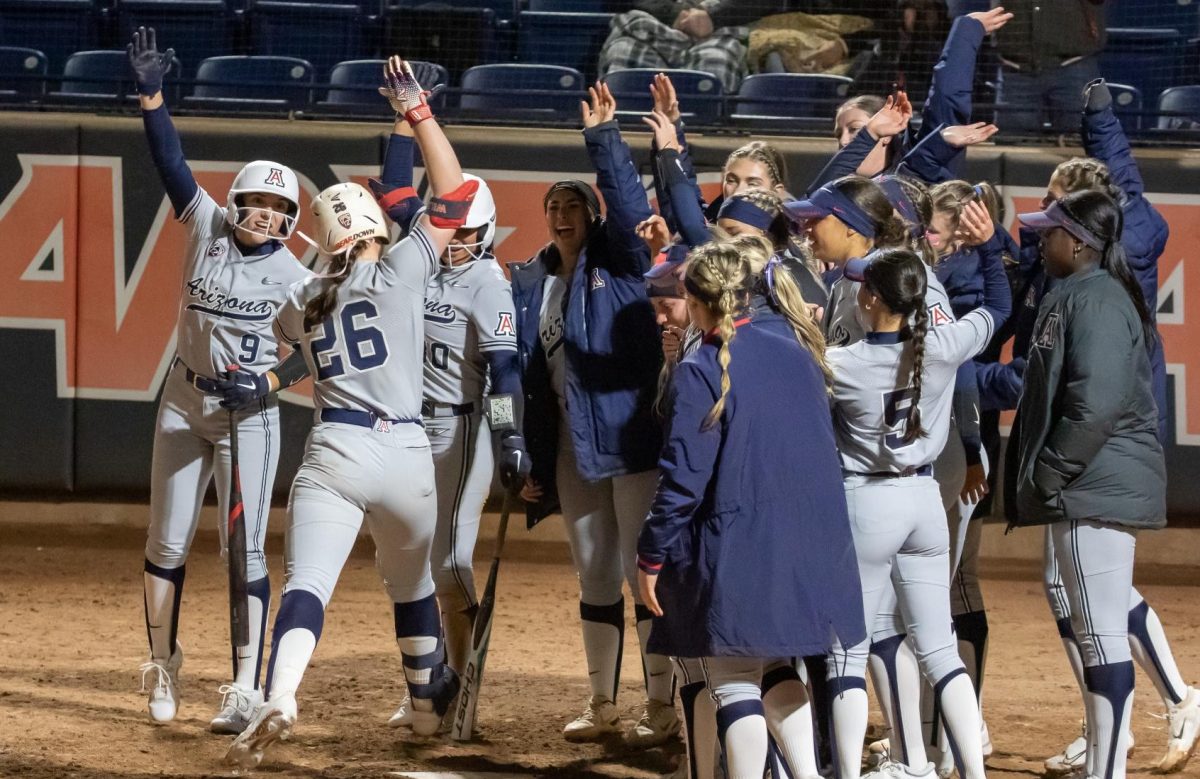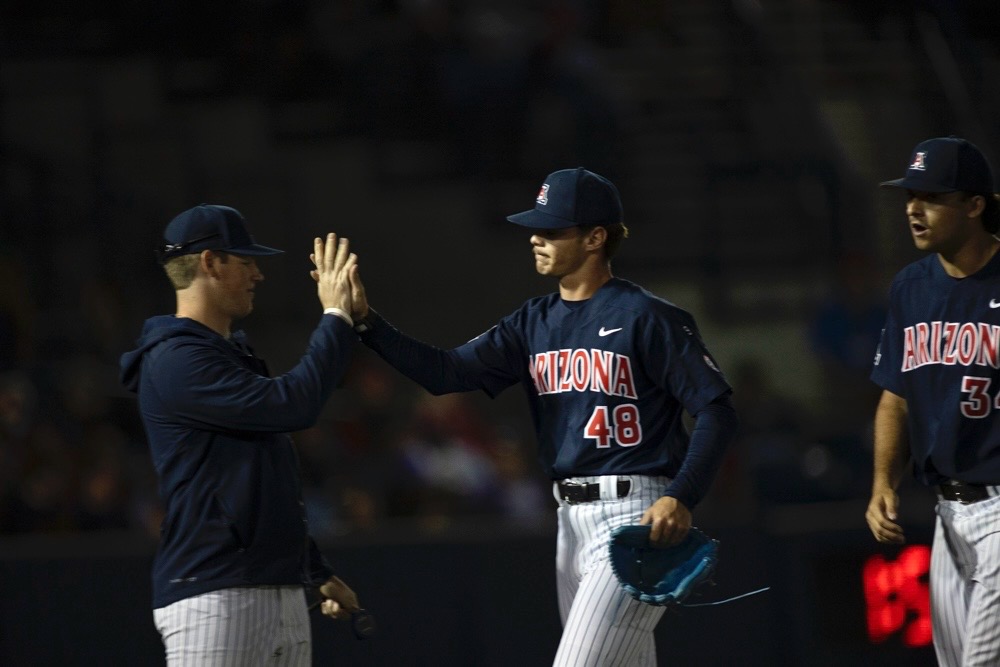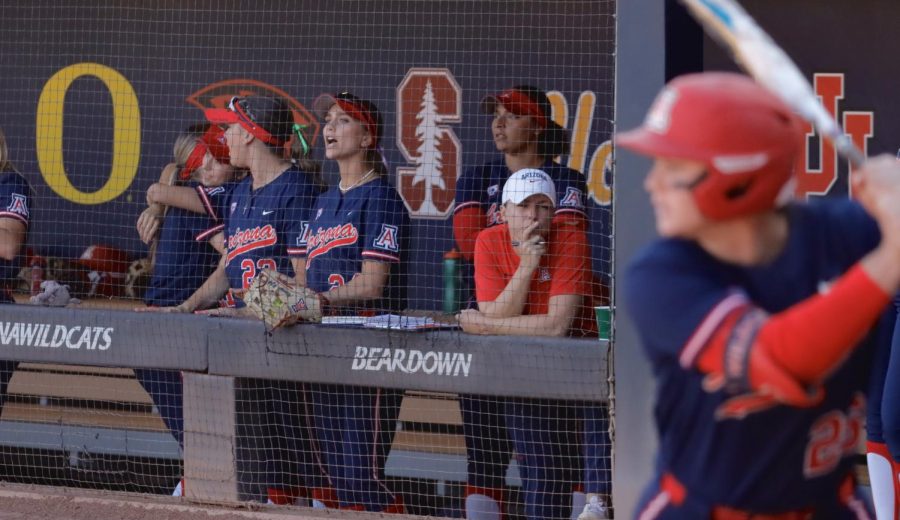Seventy-three days ago, on April 10, Rory McIlroy finished one of the most shocking collapses in recent PGA Tour memory, finishing 15th at the Masters after entering the final round with a four-stroke lead.
Sunday, he turned that misfortune into one of the most dominant U.S. Open performance victory seen in history — an eight-stroke dismantling of a field featuring the best golfers on the planet.
McIlroy’s domination didn’t stop with just the golfers in the field. He obliterated the previous U.S. Open scoring record of 272, firing a 16-under-par 268 while not recording a bogey until his 36th hole.
Sure, the course was fairly easy when compared to its U.S. Open brethren, and rain throughout the weekend didn’t make scores jump sky-high like USGA officials had hoped.
But it was still the U.S. Open, it was still a major championship and McIlroy is still a 22-year-old kid that performed so well under pressure that memories of his collapse from 10 weeks ago have all but vanished.
But McIlroy’s success story wouldn’t be nearly as enjoyable if not for how he handled himself after the Sunday collapse that saw him shoot 80, landing him 10 strokes behind eventual champion Charl Schwartzel.
“”I was leading this golf tournament with nine holes to go, and I just unraveled,”” McIlroy told CBS’ Peter Kostis immediately after the conclusion of that painful final round in April. “”It’s going to be hard to take for a few days, but I’ll get over it.””
Then, as if that acceptance of what had just happened wasn’t enough, McIlroy had the ability to find some good in his collapse.
“”It was a character-building day,”” he said. “”Put it that way.””
Somehow, even after McIlroy’s handling of his disastrous final round at the Masters, a handful of golf fans — albeit a small one — had taken to Twitter, saying that McIlroy was going to be forever considered a choke artist and that he was doomed to the same fate at Congressional Country Club.
Don’t think McIlroy didn’t take notice, looking forward to proving those doubters wrong, which he did — collecting a purse of more than $1.4 million.
So while McIlroy’s nearly flawless game and the easier-than-usual conditions at Congressional will be getting the attention for complete and total domination of the field, that meltdown at Augusta played just as big of a role in getting McIlroy over the major championship hump.
It’s oft said in the golf world that until someone has made the turn on Sunday of a major championship holding a lead, it’s impossible to be prepared for the combination of emotion, adrenaline and nerves.
Good luck finding a more clear-cut example of that than Rory McIlroy.
Furthering himself from the debacle at Augusta isn’t the only reason that hanging on to his massive U.S. Open lead was crucial for McIlroy. He’s now exempt from the best-player-without-a-major tag, which plagued Phil Mickelson for years and has driven Sergio Garcia to the brink of irrelevance after his near miss at the 1999 PGA Championship.
So now that McIlroy has a major championship under his belt, he’ll be the next to draw comparisons to Tiger Woods, fueling America’s need for a superstar in a game that lacks flair.
Those comparisons may not be far off. McIlroy is just more than 10 months older than Woods when he won his first major, the 1997 Masters, and after holding a lead in three of the last four major championships, McIlroy has the game to put the rest of the world to shame.
So right now, McIlroy is the best bet to give America the superstar golfer that the game needs.
And with Woods’ health failing him, the game needs that superstar bad.
— Alex Williams is the sports editor of the Summer Wildcat. He can be reached at sports@wildcat.arizona.edu








